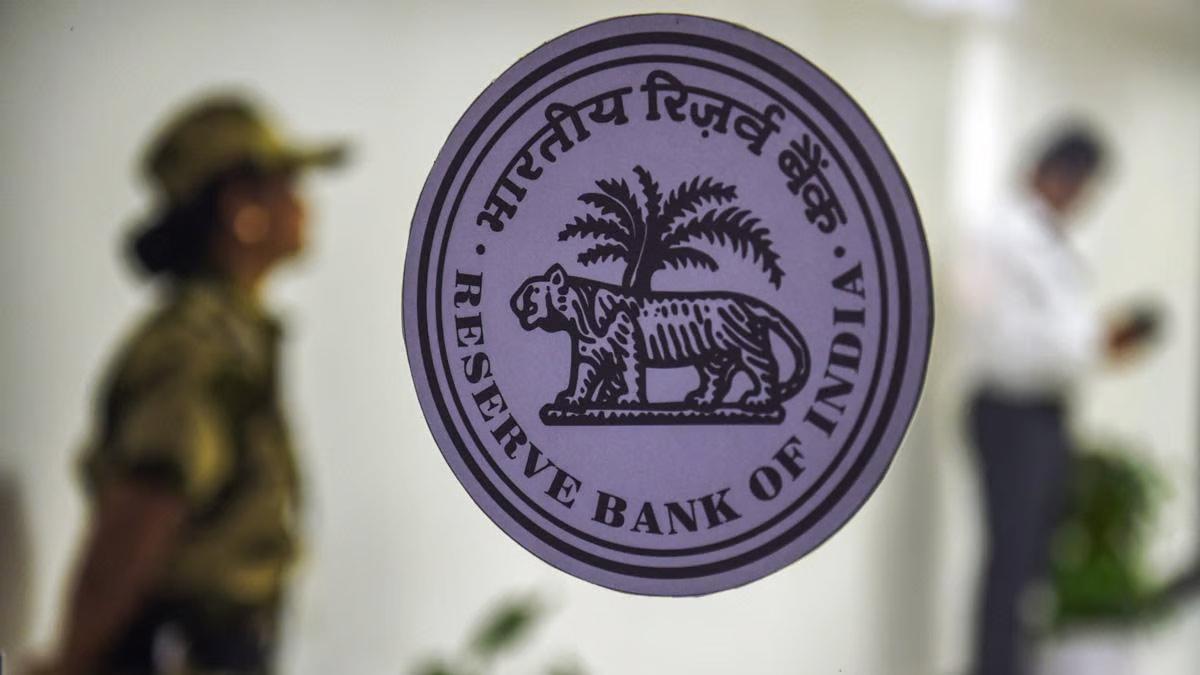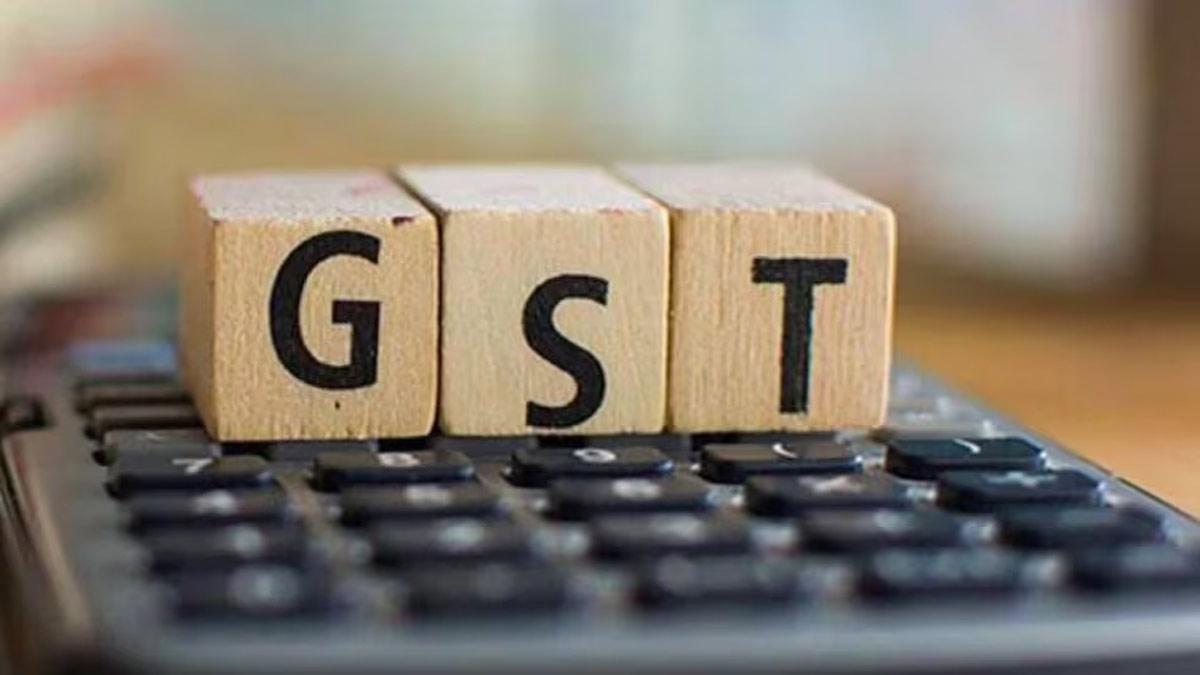Global smartphone shipments fell to 287 million units in the second quarter (Q2), a massive 9 per cent drop, as component orders are being cut rapidly and suppliers have started to be concerned about oversupply, a Canalys report has said.
The Q2 global smartphone figures are the lowest quarterly figure since Q2 2020, when the pandemic first hit.
Samsung led the market with 61.8 million smartphones shipped and a 21 per cent market share.
Despite the weak seasonality, Apple held on to second place, shipping 49.5 million iPhones for a 17 per cent market share.
Also read | Amazon reduces headcounts by 1 lakh, sees stabilisation in workforce
Xiaomi stayed in third place with 39.6 million units, while OPPO and vivo completed the top five with 27.3 and 25.4 million units, respectively.
According to analyst Toby Zhu, vendors could use the extra savings to improve the product competitiveness of new launches in the second half of the year.
"At the same time, that might make getting rid of old models even harder. The oversupply situation is demanding more of vendors' planning capabilities than the shortage period," Zhu noted.
The global smartphone market is suffering a second period of falling shipments after a brief recovery in 2021, and the sudden drop in demand is hitting the leading vendors.
"Despite 6 per cent annual growth, Samsung's shipments fell 16% on the previous quarter as the vendor struggled with unhealthy inventory levels, especially in the mid-range," said research analyst Runar Bjorhovde.
Meanwhile, solid demand for the iPhone 13 series in North America, China and Europe enabled Apple to grow despite the headwinds.
"The high-end has proven relatively resilient during the recession, while promotions and financing options have helped with affordability," Bjorhovde noted.
Also read | Twitter-Musk court battle to start Oct 17 for 5 days
Going forward, there will be increasing tensions throughout the entire smartphone supply chain as demand weakness will likely continue for an extended period.
"The market is experiencing exceptionally challenging business conditions. Vendors should improve transparency when working with component suppliers and channel partners in the following quarters," Zhu said.


















